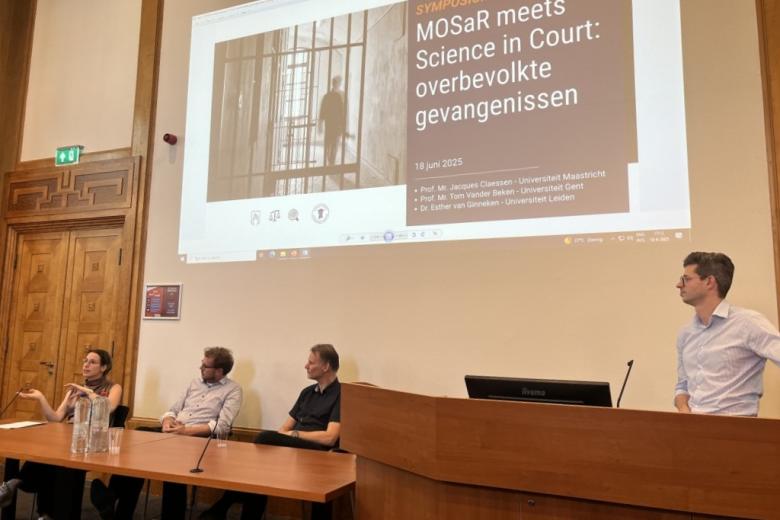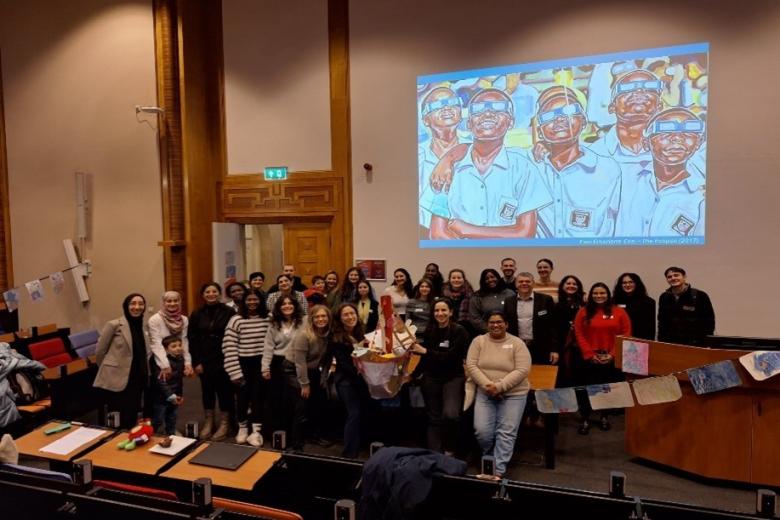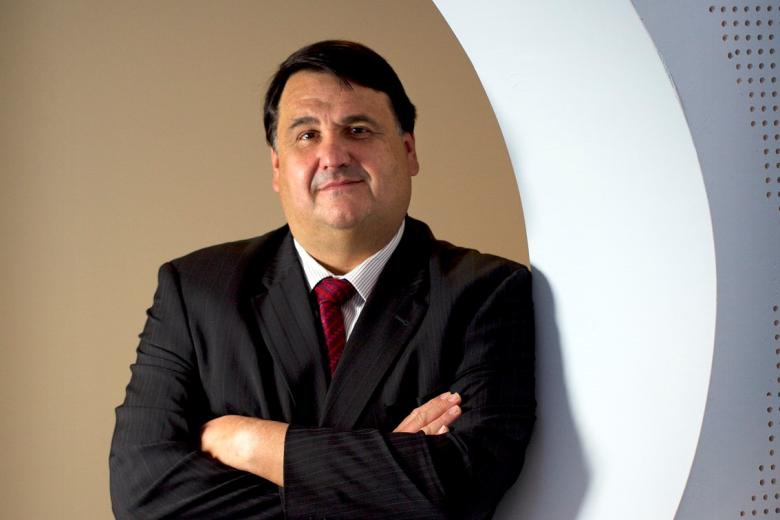World Insight: Internationalisation should start in our backyard
Academics often think 'global' is the opposite of 'regional', and that isn't so, says Martin Paul
Let’s do an experiment. Go to Google Maps and place a dot at the location of your university or institute. In my case that is Maastricht University in the Netherlands. Now draw a radius of 100 kilometres (62 miles) using the option “measure distance” from the context menu. If you keep hold of the line, you can draw a circle. If I do that, I reach Brussels in Belgium in the west, Nijmegen in the Netherlands in the north, Cologne and Dusseldorf in Germany in the east and Bastogne in the south – just in Belgium, close to Luxembourg.
For Dutch universities, and for many regional universities across the world, the first 100km is the area from which most of their students come. It is the natural hinterland. The hinterland of my university therefore covers the Netherlands, Germany, Belgium and Luxembourg. This is one of the reasons why we give our lectures in English. When the students graduate they usually find work in the natural hinterland, in those first 100km.
Maastricht profiles itself as an international university. That immediately gives rise to an apparent contradiction. Because in university parlance, internationalisation usually means “far away”. For most people in academia, international is the opposite of regional. The “regional universities” are often compared with the “international universities” and then the regional universities are looked down upon a bit. Of course, I completely disagree with this. I do not think regional and international are opposites of each other. They are two sides of the same coin and form a continuum.
My university, Maastricht, lies at the periphery of the Netherlands, namely far away from the economic and political centre of the Netherlands. At least, “far” by Dutch standards. Maastricht is just a two-hour drive from the capital Amsterdam and the seat of government in The Hague. In Germany, China and the US a two-hour drive means close together, but in the Netherlands it is an almost unbridgeable distance. If a government minister wants to visit me, then he has to travel for several hours. If he has to go to Leiden, Delft or Amsterdam then he is there within 30 minutes.
That reminds me of a colleague at the Open Universiteit in Heerlen (25km from where I am). He recently told me about a guest speaker from Shanghai. That guest speaker arrived in the morning at Schiphol airport in Amsterdam, drove two hours to Heerlen and then started his lecture there with the words: “What a nice suburb of Amsterdam this is.” And there is a grain of truth in that of course. If you compare it with Greater London or the conglomeration around New York City, then the Netherlands is just one large city with 17 million residents and with meadows as parks. However, this is not a limitation but an opportunity. Because we are in a compact country it is also easier to build bridges across borders. And in a relatively small country we must certainly not fall into the trap of thinking small.
So it is a shame that the policy sometimes stops at the border. In the Netherlands we often talk about building up critical mass. If you want to continue to exist as a university then you must collaborate with companies, other universities and municipalities/provinces. That way you strengthen each other and you are not blown over by the first gust of wind. Usually in this case people look to the “Randstad”. That is an area enclosed within a circle that has a radius of 100km. It contains the large cities of Amsterdam, The Hague, Rotterdam and Utrecht. Four million people live and work in the Randstad. If I draw a similar circle around Maastricht, then this also encompasses four million people. However those people do not just live and work in the Netherlands but also in Belgium and Germany. And so many of them fall outside of the national statistics and policy. Because these do stop at the border.
I could succumb to pessimism at this point, but of course I am not going to do that. To safeguard your future as a university, you need to build up critical mass and we are busy doing that now. For example, we collaborate with Aachen in Germany and with Liege and Hasselt in Belgium. Together we form the critical mass that draws people and companies to our “Euregion”. My region has developed a new branding to make this even more visible still: “Brightlands”, with the motto “knowledge crossing borders” to affirm the regional strategy of internationalisation. In Brightlands, knowledge institutions, companies and government bodies work together to put the region on the map in Europe and beyond. In Maastricht we do of course listen to the discussions in the Netherlands but we also go a step further and look to our hinterland, to our back garden and our central location in Europe. And we are quite happy to cross the border to achieve that. Which is a good thing, because national borders do not form a barrier to science.
Science is increasingly a world affair. And, although it seems to be a contradiction, peripheral universities can benefit from this. An example? Take the issue of the ageing population, which forms a societal challenge in many parts of the world. Here in the Maastricht region, the ageing population is also an issue and more so than in many places. Furthermore, the biggest pension fund in the Netherlands is located close to us and our economists have a lot of knowledge about the ageing population. Maastricht is therefore the ideal testbed for tackling a global issue at a regional level. One of the overarching research programmes of my university is therefore called “Europe in a globalising world”.
Of course my university has global networks. Universities in Asia, Africa and America are important partners for us. At the same time we do not invest in offshore campuses in China and India because this ties up resources and creativity for too long. International policy must be flexible and focus on the entire international spectrum. Therefore internationalisation is also collaborating with neighbouring countries. Internationalisation starts just across the border.
Prof.dr. Martin Paul
This column first appeared on the Times Higher Education blog – See more at: https://www.timeshighereducation.com/blog/world-insight-internationalisation-should-start-our-backyard
-
Voortdurend plaatsvinden
Onverwacht heeft de wereld in de 21e eeuw opnieuw het toneel gegeven aan een vorm van oorlogvoering die, naar men dacht of hoopte, tot het verleden behoorde: het bevechten of uitroeien van een burgerbevolking. In deze korte bijdrage wil ik stilstaan bij een vraag naar het gebeuren of plaatsvinden...

-
MOSaR meets Science in Court: overbevolkte gevangenissen
Op woensdag 18 juni organiseerden het Maastrichts Onderzoekscentrum voor Samenleving en Recht (MOSaR) en Maastricht Science in Court (MSIC) een gezamenlijk symposium over de overbevolkingscrisis in het Nederlandse en Belgische gevangeniswezen.

-
Children’s Rights Research op Universiteit Maastricht: een dag vol ontdekkingen en inspiratie
Voor de meeste kinderen in Nederland is 5 december een magische dag, waarop ze reikhalzend uitkijken naar de komst van Sinterklaas, die cadeautjes en vreugde in huis brengt. Dit jaar beperkten de festiviteiten zich niet tot de voordeur van kinderen. Op dezelfde dag organiseerde de Universiteit...

